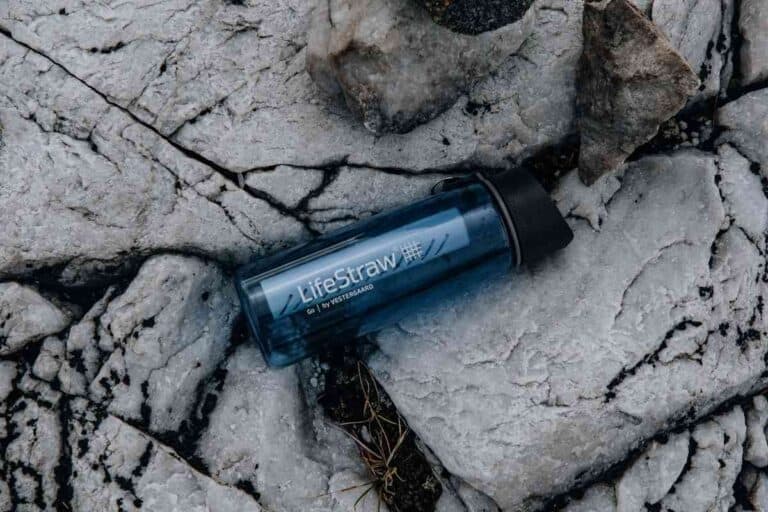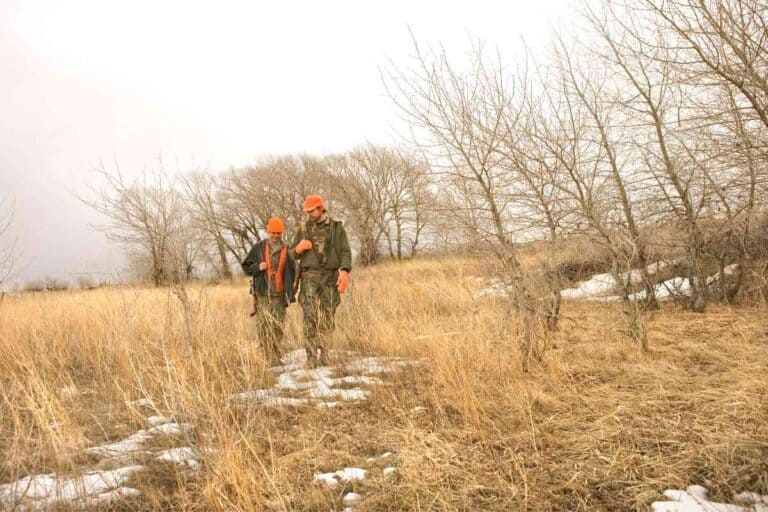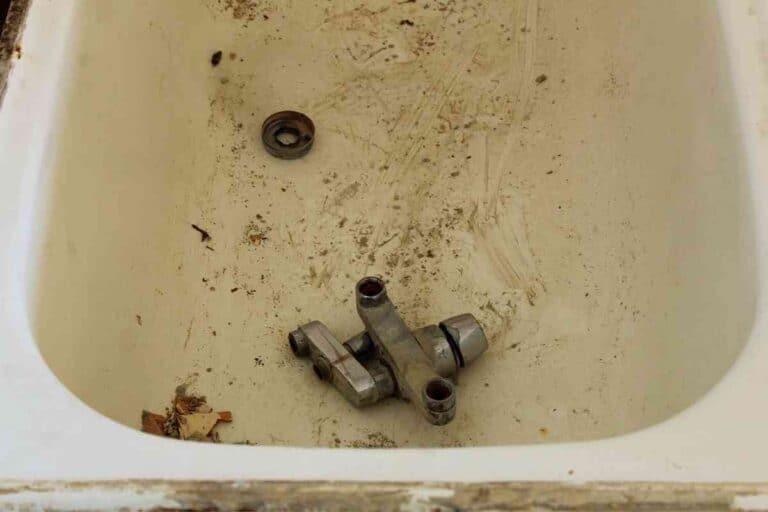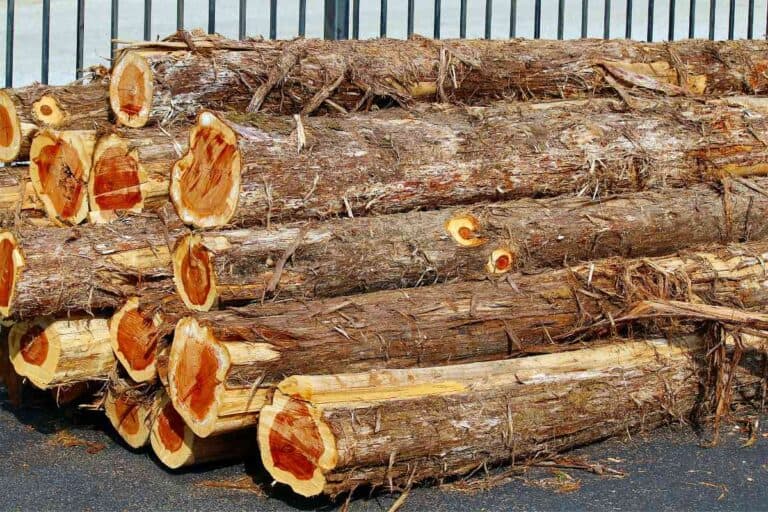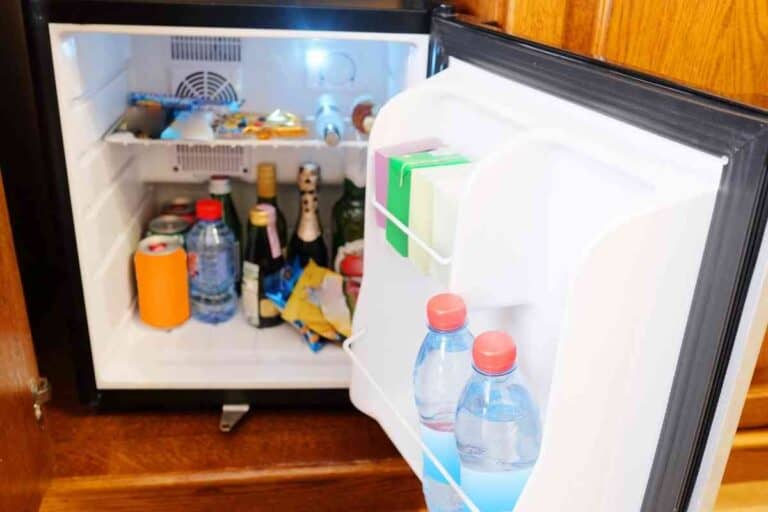10 Ways To Make Money On 100 Acres Of Land
100 acres of land is a big space but doesn’t really qualify as an asset if you can’t make money off of it. Here are ten ways to make money from 100 acres of land.
Many people own 100 acres or more land but are reluctant to invest in it for fear of their endeavors failing.
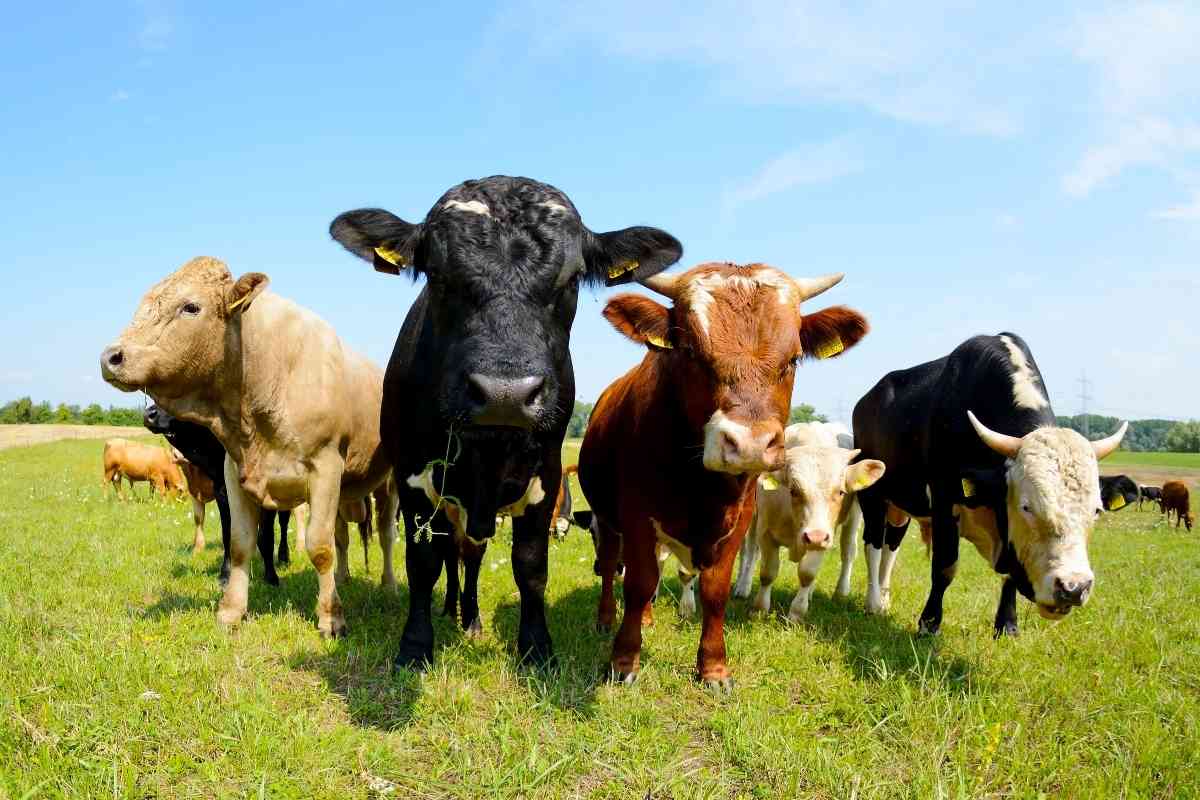
How can you make money on 100 acres?
There are many safe businesses you can take on on your 100-acre land, including farming, grazing livestock, leasing the land, starting a shooting range, developing it for storage facilities, and renting it to mobile and tiny homes or for festivals.
I have not only listed the best and safest ways to invest on your 100 acres of land but detailed some tips on how to get started as well.
I went through the current market trends and conditions to assess the security and success probability of each of the investments listed below. Each of the businesses mentioned here has a high chance of success.
10 Ways To Make Money From 100 Acres Of Land
There are many ways to make money from 100 acres of land. One way is to grow crops and sell them at a farmers’ market or at a local grocery store. Another way is to graze cattle, goats, chicken, sheep, pigs, or other livestock on the land.
Still another way is to lease the land for hunting or recreation. And finally, one could develop the land for housing or commercial purposes. Each of these options has its own set of pros and cons, so it is crucial that you do some research before you decide which option suits you the best. Here’s a closer look at each option:
1. Farm On It

If you’re lucky enough to have 100 acres of land, then you have the potential to earn a sizable profit from farming. However, there are a few things you need to keep in mind in order to maximize your profits.
First, you need to choose the right crops. Not all crops are equally profitable, so do your research and choose those that will give you the best return on investment.
Second, you need to implement an efficient irrigation system. This will ensure that your crops get the water they need without wasting any resources.
Finally, it would be best if you had a good marketing strategy. You’ll need to sell your crops at a price that covers your costs and leaves you with a healthy profit margin.
If you have good soil and enough water, growing crops can be a great way to make money from your 100 acres of land. You’ll need to invest in some equipment, like a tractor and tillers, and you’ll need to put in some hard work, but if you’re successful, you can make a decent income from selling your crops.
One thing to keep in mind, though, is that growing crops takes time – it’s not something you can do overnight. So, if you’re looking for a quick way to make money from your land, this may not be the best option.
With careful planning and execution, you can easily make a profit from farming on 100 acres of land. Just remember to choose the right crops, implement an efficient irrigation system, and have a good marketing strategy.
What should I farm on 100 acres?
There are a variety of crops that can be grown on 100 acres. The type of crop grown will depend on the climate, soil type, and water availability in the area.
Some crops that may be suitable for farming on 100 acres include corn, soybeans, wheat, oats, barley, and rye. In order to determine which crops will be the most successful in a given area, it is important to consult with local agricultural experts. They will be able to provide guidance on what crops are best suited for the specific conditions in an area.
How much money can you make off an acre of corn?
That depends on a number of factors, including the yield of your crop, the price of corn at the time of harvest, and your costs of production. Let’s take a look at each of these factors to get a better idea of how much income you can generate from an acre of corn.
The yield is the biggest determinant of how much money you can make per acre. Corn yields vary widely depending on the variety being grown, the soil conditions, and the weather during the growing season.
A good rule of thumb is that an average yield is around 150 bushels per acre. However, yields can range from as low as 50 bushels per acre to as high as 300 bushels per acre.
The price of corn also fluctuates, and this will impact your profits. Corn is typically priced around $3 to $4 per bushel. However, prices can range from as low as $2 per bushel to as high as $8 per bushel. Obviously, the higher the price of corn, the more money you’ll make per acre.
Finally, your costs of production need to be taken into account when calculating your profits. These costs can include seed, fertilizer, herbicides, insecticides, fuel, and labor. Generally speaking, you can expect to spend around $300 to $400 per acre on these inputs. Therefore, if you’re selling your corn for $4 per bushel and your costs are $400 per acre, your profit would be $200 per acre.
In summary, there is no definitive answer to the question of how much money you can make from an acre of corn. It all depends on the yield, the price, and your costs of production. However, if you’re able to produce a good yield at a low cost, you could potentially make a significant profit from your acre of corn.
How profitable is farming per acre?
Farming is a notoriously risky and unpredictable business, with many factors beyond the farmer’s control affecting profitability.
Nevertheless, there are some basic things that can be done to increase the chances of success. One important factor is choosing the right crop for your particular farm and market conditions. Another is to carefully manage inputs such as seeds, fertilizer, water, and labor.
With these considerations in mind, let’s take a look at how profitable farming can be on a per-acre basis. The answer, unfortunately, is that it varies widely. A number of studies have been conducted on this subject, and they all come up with different conclusions.
Recommended Reading: Here’s What to do with 1 acre of land to make money
One study published in 2016 found that the average net profit per acre ranged from $43.70 for soybeans to -$28.20 for cotton.
Another study from 2018 found that the average net return per acre varied from $35.60 for wheat to -$21.30 for corn.
As you can see, there is a great deal of variation in profitability among different crops. This is just one example of the many factors that can affect a farm’s bottom line. Other important factors include the price of inputs, government policies, weather conditions, and more.
Despite the challenges, many farmers continue to find ways to make a profit. With careful planning and management, it is possible to make money from farming.
How much can you make running a farm?
There are a number of factors that will affect how much money you can make from running a farm. The size of your farm, the type of crops you grow, and the price of those crops will all play a role in your overall profitability.
Of course, the amount of money you can make also depends on how well you run your operation. A well-managed farm can be quite profitable, while a poorly-run one can quickly become unprofitable.
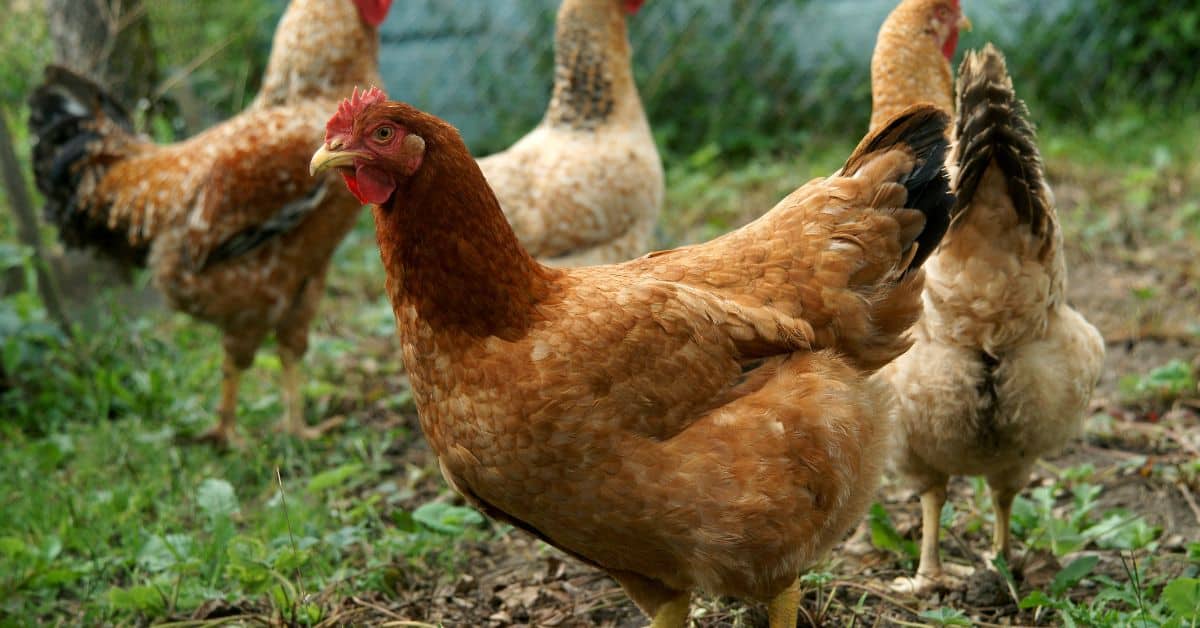
If you’re thinking about starting a farm, it’s important to do your research and ensure that you have a good business plan in place. Once you’ve done that, you’ll be in a much better position to determine how much money you can realistically expect to make.
2. Grazing Livestock
If you have pastureland on your 100 acres of land, grazing livestock can be a good option. You can lease your land out to farmers who will graze their cattle or other livestock on it.
This is a relatively passive way to make money from your land, and it can be a good option if you don’t want to deal with the hassle of growing crops. However, you will need to make sure that your pastureland is in good condition and that there’s enough water for the livestock.
There are a few key things to keep in mind when grazing livestock on 100 acres of land to earn maximum profits. First, it is important to have a plan. This means knowing how many animals you will need to graze, what type of pasture you will need, and how to rotate the animals so that the pasture does not become overgrazed.
Second, it is important to choose the right animals for your land. Some animals require more pasture than others, and some are better at grazing on certain types of grasses than others. Third, it is important to consider the cost of feed and hay when making decisions about grazing.
The cost of these items can add up quickly, so it is important to factor them into your decision-making process. Finally, it is important to graze during the right time of year. The growing season for grasses can vary depending on your location, so it is important to graze during the times when grasses are most plentiful.
3. Leasing Land for Hunting or Recreation
If you have land that’s suitable for hunting or other outdoor activities, you could lease it out to people who want to use it for those purposes. This is a good way to make money from your land without having to do any work yourself.
However, you will need to make sure that your land is safe for hunting or other activities, and you’ll need to be prepared to deal with any damages that may occur.
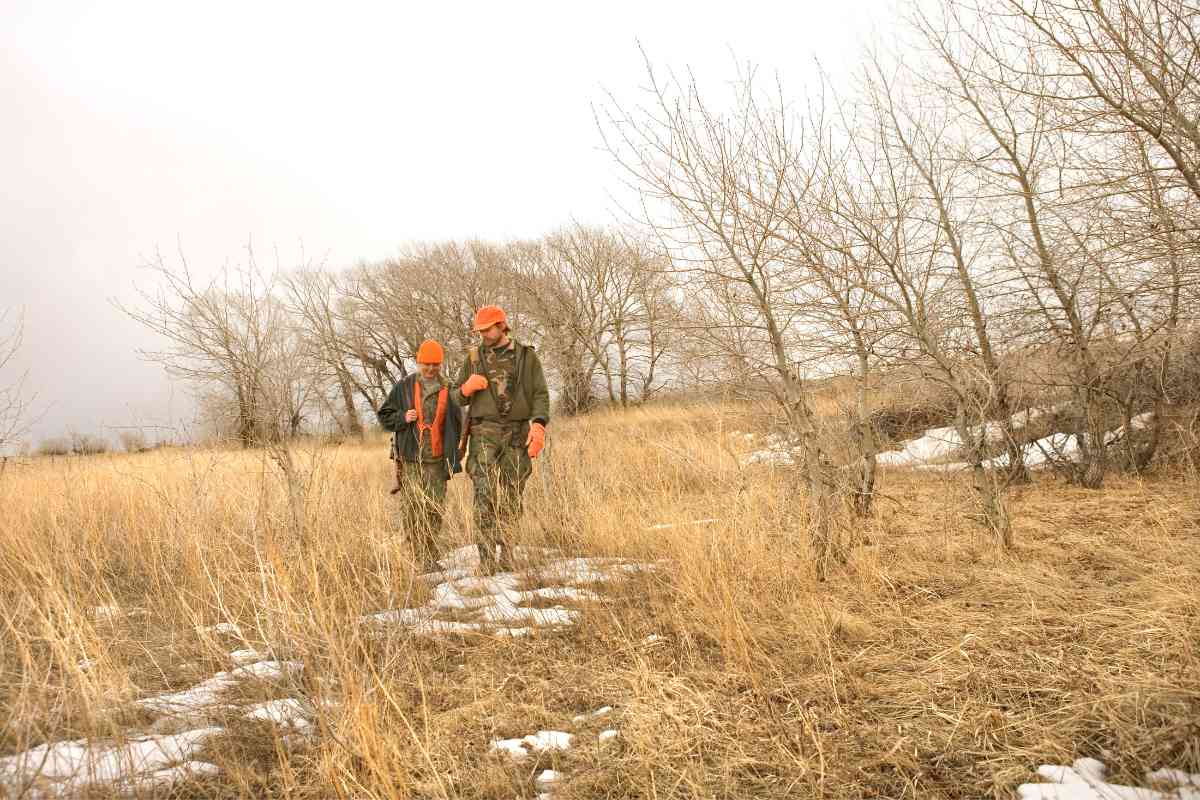
To make sure you earn the maximum profits, first, take inventory of what your land has to offer. Is there good wildlife habitat? Are there ponds or lakes on the property? What is the terrain like? All of these factors will play into how much hunters and other outdoors enthusiasts are willing to pay to use your land.
Once you have a good idea of what your land has to offer, start reaching out to potential lessees. You can use online classifieds websites or contact local hunting clubs or organizations.
Be sure to be clear about what is included in the lease agreement, such as whether or not hunters can use ATVs or whether they are allowed to camp overnight.
Finally, set a fair price for the lease. Remember, you want to make a profit, but you also don’t want to price yourself out of potential customers. A reasonable price will give you a good return on your investment while still being reasonable for lessees.
4. Developing Land for Housing or Commercial Use
If you have land that’s suitable for housing or commercial development, you could make a lot of money by developing it. This is a more complex and risky option, but if you’re successful, the rewards can be significant.
Before you develop your land, though, you’ll need to do your research to make sure that it’s a good location for housing or commercial development. You’ll also need to get the necessary permits and approvals from the government.
As anyone in the real estate business will tell you, location is everything.
When it comes to developing land for either housing or commercial use, there are a number of factors that must be considered in order to ensure maximum profits. Here are some tips on how to develop 100 acres of land for housing or commercial use:
- Know your market. It is important to have a good understanding of the local market conditions before you purchase any land. This will help you determine the best way to develop the land and what type of development will be most profitable.
- Choose the right location. The location of the land is also very important. You want to choose a location that is convenient for potential buyers or tenants. If the land is too far away from major population centers, it may not be easy to find buyers or tenants.
- Get the proper permits and approvals. Before you can begin any type of development on the land, you will need to obtain the necessary permits and approvals from the local authorities. This can be a lengthy and complicated process, so it is important to be prepared in advance.
- Develop a plan. Once you have purchased the land and obtained the necessary permits, you will need to develop a plan for how you will use the land. This plan should include everything from the type of development you will do to how you will market the property.
- Hire a professional team. Once you have a plan in place, you will need to hire a team of professionals to help you execute it. This team should include an architect, engineer, and contractor.
- Start construction. After the plans have been finalized and the necessary permits obtained, you can begin construction on the land. This is typically the most expensive and time-consuming part of the development process.
- Market the property. Once the construction is complete, you will need to market the property in order to find buyers or tenants. This can be done through traditional methods such as advertising or through more modern methods such as social media marketing.
5. Sell Portions Of The Land
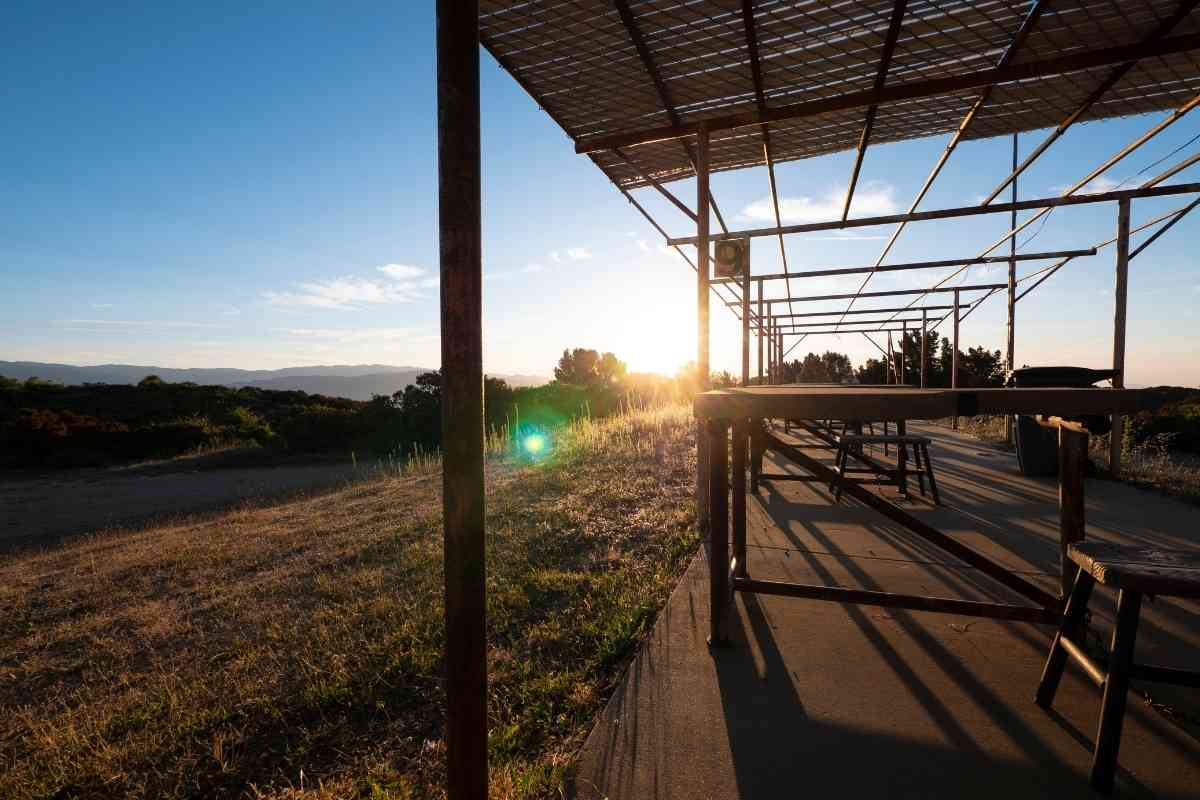
If you’re looking to earn some extra money, selling portions of your land is a great way to do it. By breaking up your land into smaller pieces, you can sell it for a higher price per acre and earn a greater profit overall.
Of course, there are a few things to keep in mind before you start selling off pieces of your property.
First, you’ll need to make sure that the land is properly zoned for residential or commercial development. Otherwise, you could run into trouble with local zoning laws.
Second, you’ll need to find buyers who are interested in purchasing the land. This can be done by advertising the sale in local newspapers or online listings sites. Finally, you’ll need to negotiate a fair price with the buyer.
6. Offer Storage Facilities
There are many people who are in need of storage space but don’t have the necessary facilities. This is where you come in. By offering storage facilities on your land, you will be able to provide them with the space they need at a price that is affordable for both parties.
What’s more, this is a great way to get to know your neighbors and build relationships with them. As well as being a great business opportunity, this can also be a great way to make new friends.
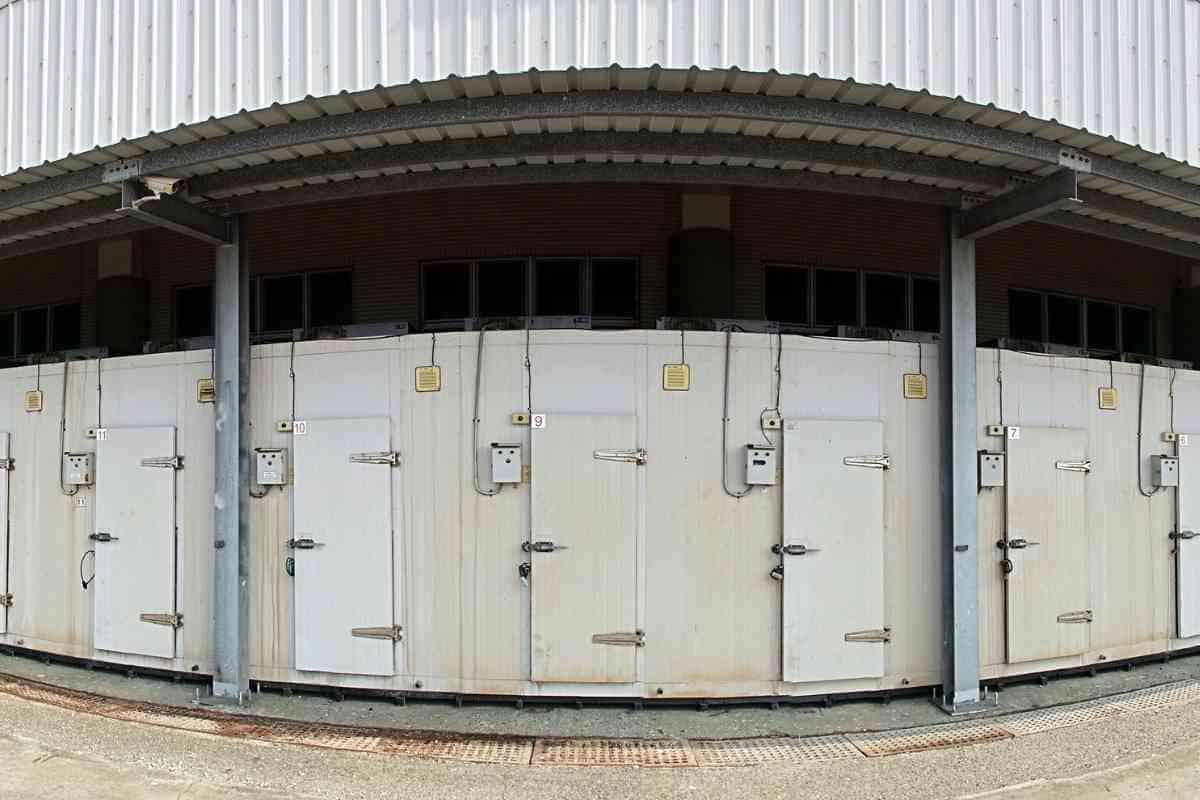
If you are interested in offering storage facilities on your land, there are a few things you need to keep in mind. First of all, you need to make sure that your land is suitable for this purpose.
There are certain zoning requirements that you need to meet in order to offer storage facilities on your land.
Secondly, you need to have the necessary permits and licenses in place before you can start operating. This is important because it will ensure that you are operating legally and that your customers are protected.
Lastly, you need to make sure that you have the right insurance in place. This is important because it will protect you from any liability if something was to happen to the property or the contents of the storage units.
7. Rent The Land for Festivals
You can easily earn good profits by renting your 100 acres of land for festivals. This is a great way to make use of your land and earn some extra money. There are many benefits to renting out your land for festivals, including:
- You can choose when and how often you rent out your land.
- You can set your own price for renting out your land.
- You can attract a wide variety of festival-goers to your land.
If you’re looking for a way to earn some extra money, then renting out your land for festivals is a great option. There are many benefits to doing so, and you can easily make a good profit from it.
8. Rent Your Land to Mobile and Tiny Homes
Renting out your land to mobile and tiny home owners is a great way to earn some extra income. Not only will you be providing a service to those who are looking for a place to live, but you can also charge a premium for rent.
There are a few things to keep in mind if you’re considering renting out your land to mobile and tiny homeowners. First, you’ll need to make sure that your land is zoned for this type of activity. Next, you’ll need to determine how much rent you’ll charge. And finally, you’ll need to find reliable tenants who will take good care of your property.
If you’re looking for a way to earn some extra income, then renting out your land to mobile and tiny homeowners is a great option. Just be sure to do your research and find reliable tenants before getting started.
9. Start A Shooting Range
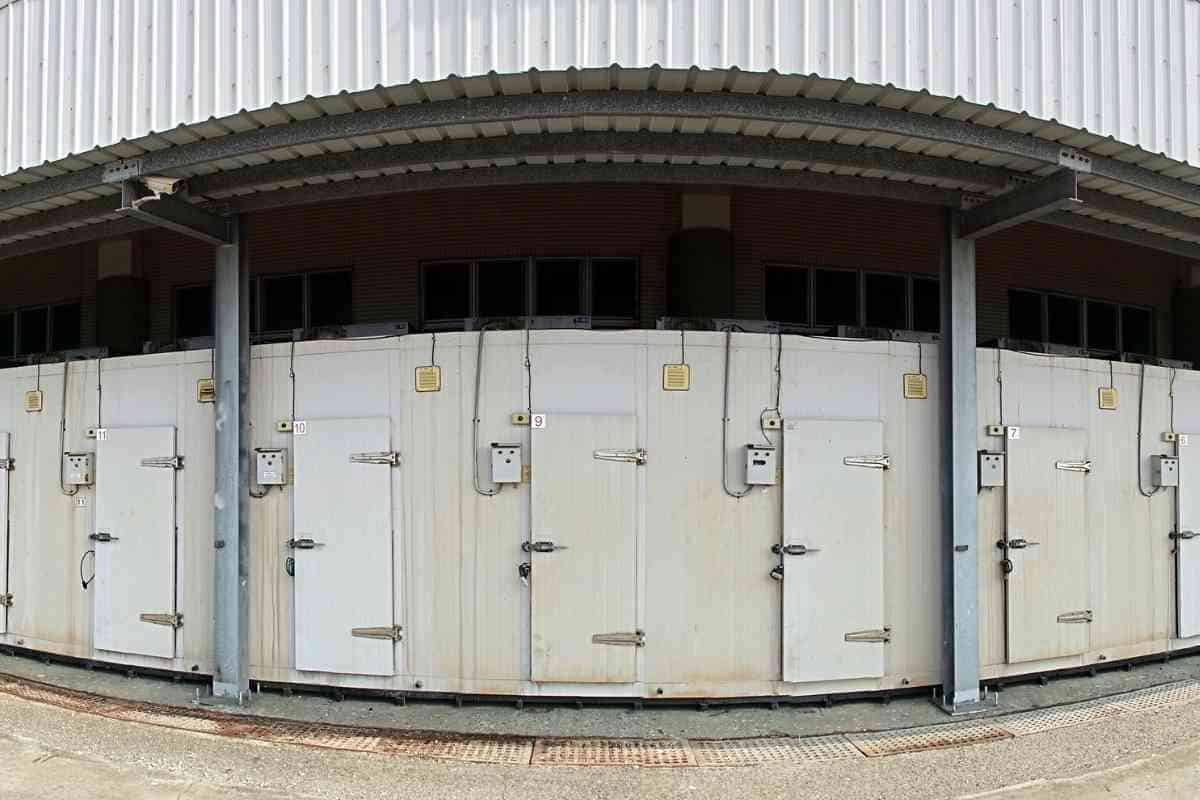
Starting a shooting range could be the perfect business venture for you with your 100-acre land.
A shooting range is a great way to attract customers from all over the area. People will come to your range to practice their shooting skills and to have some fun. Plus, you can charge them for the use of your facilities.
Starting a shooting range doesn’t have to be expensive or complicated. You can start small and then expand as your business grows. Here are some tips on how to get started:
- Choose the right location: The first step is to choose a good location for your shooting range. It should be far enough away from homes and other buildings so that there’s no risk of damage or injury. But it should also be close enough to attract customers.
- Build the right type of range: There are many different types of shooting ranges, from indoor to outdoor, pistol to rifle, and so on. Choose the type that best fits your needs and budget.
- Get the necessary permits: You’ll need to get the proper permits before you can start construction on your shooting range. Check with your local zoning office to see what’s required in your area.
- Start small: Don’t try to do too much at first. It’s better to start small and then expand as your business grows.
- Promote your business: Be sure to let people know about your new shooting range. Advertise in local newspapers and online, and put up signs around town.
Starting a shooting range can be a great way to earn good profits from your 100-acre land. By following these tips, you can get started on the right foot and build a successful business.
10. Lease The Land
If you’re looking for a way to earn some extra income, leasing your 100 acres of land is a great option. You can lease your land to farmers, ranchers, and other agribusinesses for a variety of purposes, including grazing, farming, and even recreation.
There are many benefits to leasing your land, including the potential for regular income and the ability to keep your land in its natural state. Plus, leasing your land can help support local farmers and ranchers who may otherwise struggle to find affordable farmland.
If you’re interested in leasing your land, there are a few things you should keep in mind. First, be sure to consult with an attorney or real estate agent to ensure that you understand the terms of the lease agreement. Second, be sure to negotiate a fair price for your land. And finally, be sure to keep an eye on your land during the lease period to make sure it’s being used as agreed upon.
Leasing your land is a great way to earn extra income and support your local community. So if you’ve got some extra land lying around, don’t hesitate to put it to good use!

